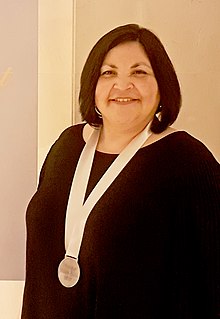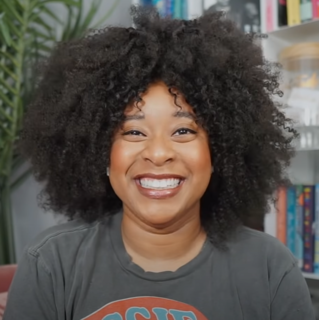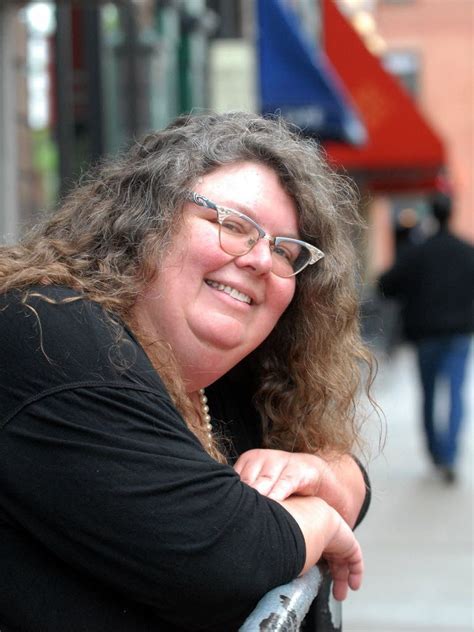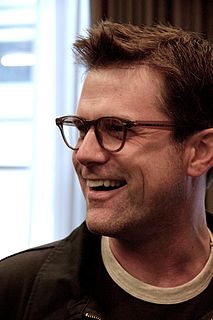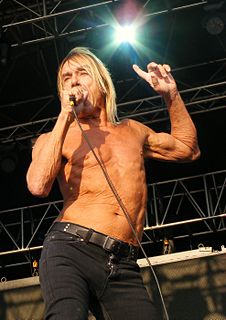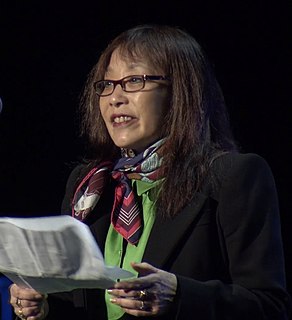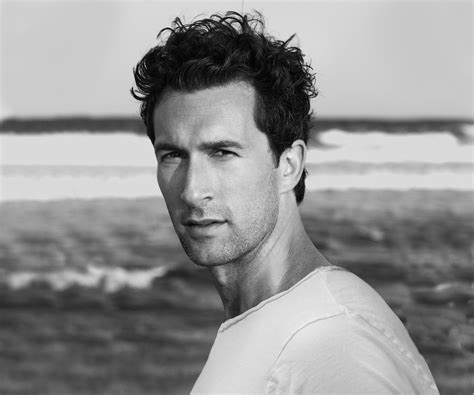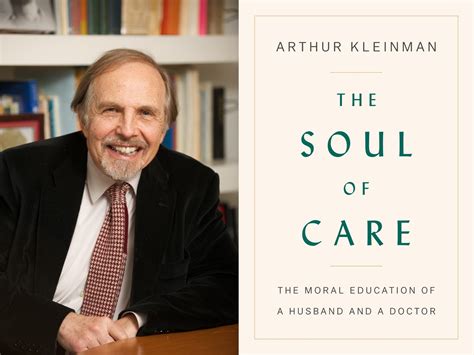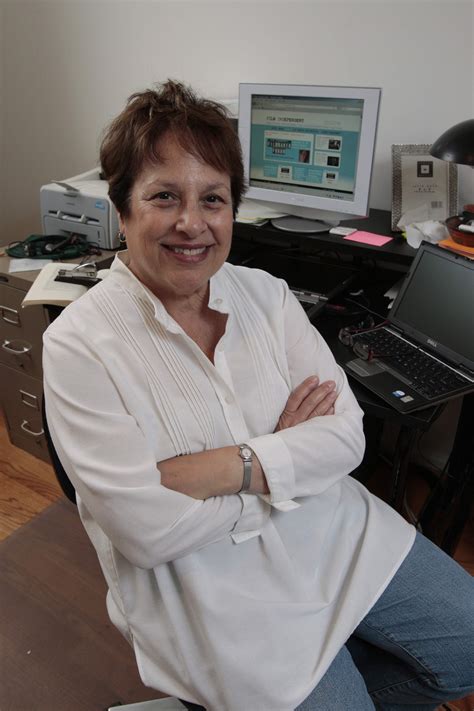Top 1200 Writing Essays Quotes & Sayings - Page 2
Explore popular Writing Essays quotes.
Last updated on December 18, 2024.
As for not getting things right: I constantly rerun social situations/conversations I experience/have throughout my head, and I'm always writing them down in notebooks or in word documents/the Internet. I feel like these habits and a generally good memory of people/the interactions I have with them (due to studying people having always been my main interest in life) have lead me to being very accurate in things I write in stories/essays.
When I applied to Stanford, I applied for graduate work in the PhD program, not to the creative writing program, mostly because though I had some vague ambition of becoming a writer and I was trying to write poems and essays and stories, I didn't feel like I was far enough along to submit work to some place and have it judged.
For years following the death of my mother, I wanted to write about her. I started writing what I thought of as personal essays about growing up as her child, but I never could finish any of them. I think I was too close to that loss, and too eager to try and resolve things, to make her death make sense.
I never start with what lots of people think of as a subject or a theme. They're school words, not art words. So, writing essays busts my arse because the art is in addressing the subject. I find it really difficult and monstrously time-consuming. In an essay I need to employ my imagination but it's indentured in a way it's not when I'm free to make everything up.
I'd worked on a series of Chicken Soup for the Teenage Soul books called The Real Deal for HCI books, which featured essays and poems from teens.Finding the right authors for the series has been no easy feat, mostly because I'm looking for a perfect blend of a teen girl with an interesting story or hook, fantastic writing talent, and the confidence to commit to writing a 30,000+ word book in a matter of months. It's a huge commitment and I recognize that, so the fit has to be there from all these different angles.
I have written some poetry and two prose books about baseball, but if I had been a rich man, I probably would not have written many of the magazine essays that I have had to do. But, needing to write magazine essays to support myself, I looked to things that I cared about and wanted to write about, and certainly baseball was one of them.
Doubt is my boon companion, the faithful St. Bernard ever at my side. Whether writing essays or just going about daily life, I am constantly second-guessing myself. My mind is filled with 'yes, buts,' 'so whats?' and other skeptical rejoinders. I am forever monitoring myself for traces of folly, insensitivity, arrogance, false humility, cruelty, stupidity, immaturity and, guess what, I keep finding examples. Age has not made me wiser, except maybe in retrospect.
That's one thing brands are understanding is, I'm the blogger who's not writing about fashion. I'm not writing about beauty. I'm not writing about gossip. I'm not writing about politics. I'm writing about all of that. I'm the person they can come to if they just want to reach people who care and have their fingers on pop culture.
Bloggers and other flavors of lone wolf are publishing heart-wrenching photo-essays from the front line of the recovery effort. Newspapers and TV networks? They're writing about the temperature of the water in some part (they don't specify which) of some damaged reactor, illustrating it with video screen grabs of machinery they don't understand enough to explain.
In American Romances, her new book of essays, Rebecca Brown has a voice that is full of pop references, family stories, and the fruits of a lifetime of -- in her perfect phrase - extreme reading. The voice is a hoot, and it is dead serious. This is writing with exquisite control, fully up to the task Brown takes on of playing a fierce game of beach ball with deep problems of American (and personal) history and identity.
My cure for writer's block is to step away from the thing I'm stuck on, usually a novel, and write something totally different. Besides fiction, I write poetry, screenplays, essays and journalism. It's usually not the writing itself that I'm stuck on, but thing I'm trying to write. So I often have four or five things going at once.
In the morning I'd write these essays, anything that I'd feel like writing, and in the afternoon, I'd spend time with my guitar. I had decided after listening to my last four or five albums that my biggest weakness musically was melody. the reason I had been singing in a monotone over the chord patterns in my songs was that I never practiced doing melodies.
Each of the essays in this volume ranges widely across technical and philosophical domains. They examine both familiar automatons from throughout history and delight us with yet more that will likely be unfamiliar to most readers. But the real treat of the essays is how they will make Artificial Life researchers squirm as they recognize their own intellectual sleights of hand exposed for all to see. Those researchers and the Genesis Redux contributors are all ultimately interested in what it is that truly distinguishes us beings from other lumps of matter.
I never really wanted to be a daily critic who goes out every night and writes 300 word reviews, I wanted to write essays. And that gave me the luxury to be able to go out and if it was lousy, I could just say, well the hell with that, I'll go to hear something else, or, I'll go tomorrow night; I as writing for a weekly.
The interesting thing about that is one of the greatest critics of socialism and leftwing writings was Robert Michels who wrote a series of essays called "The Iron Law of Oligarchy" and in these essays he discusses how no matter what sorts of freedoms are advertised or put into a society structure, that all societies, all form of governments - whether they be a Roman republic, whether they be a democracy, whether they be a Russian communist system, whatever, a tribe... a tribal council - all of the continuously, throughout the ages, have all converted back into an oligarchy.
Michael Jackson is an extremely productive ethnographer, a serious reader of phenomenological and existential philosophy, and a remarkable writer at a level that one rarely sees in anthropology. Lifeworlds, unsurprisingly, is no exception. The several essays included here fit into an impressive whole that set out a compelling case for a type of ethnography of which Jackson is one of the masters. The writing is strong and the critical reflections impressive. This book defines an approach to anthropology that is resonant enough to challenge the leading models of our time.
There are a lot of college writing textbooks that will include essays and short stories, and after reading the story or essay, there will be questions such as "Have YOU Had any experience with a pedophile in YOUR family?" or "When was the last time you saw YOUR mother drunk?" and they're just really good at prompting stories. You answer the question, and sometimes that can spring into a story.
The Restless Anthropologist is a rich, powerful, and compulsively readable collection of essays by anthropologists who look back at the multiple relationships between their serial fieldwork experiences and their lives. Illustrating the dense interweaving of the personal and the professional that is the hallmark of anthropology as a vocation, these essays are at once affectively deep reflections, and clear-eyed assessments, of lives often lived 'between here and there.' Alma Gottlieb's idea to stimulate these articles and bring together this collection was inspired.
I've been thinking a lot about why it was so important to me to do The Idiot as a novel, and not a memoir. One reason is the great love of novels that I keep droning on about. I've always loved reading novels. I've wanted to write novels since I was little. I started my first novel when I was seven.I don't have the same connection to memoir or nonfiction or essays. Writing nonfiction makes me feel a little bit as if I'm producing a product I don't consume - it's a really alienating feeling.
Writing objects to the lie that life is small. Writing is a cell of energy. Writing defines itself. Writing draws its viewer in for longer than an instant. Writing exhibits boldness. Writing restores power to exalt, unnerve, shock, and transform us. Writing does not imitate life, it anticipates life.












